Filter by
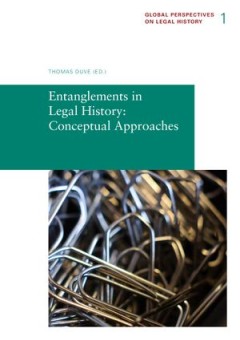
Entanglements in Legal History : Conceptual Approaches
Legal History presents a broad panorama of historical processes that trigger theoretical reflections on legal transfers and legal transplants and on the problem of the reception and assimilation laws and other modes of normativity. In this volume, legal historians across the globe reflect on their analytical traditions and present case studies in order to discuss how entangled histories of law …
- Edition
- -
- ISBN/ISSN
- 9783944773001
- Collation
- 576 halaman
- Series Title
- Global Perspectives on Legal History vol. 1
- Call Number
- 340 ENT

A Government Out of Sight The Mystery of National Authority in Nineteenth-Ce…
While it is obvious that America's state and local governments were consistently active during the nineteenth century, a period dominated by laissez-faire, political historians of twentieth-century America have assumed that the national government did very little during this period. A Government Out of Sight challenges this premise, chronicling the ways in which the national government interven…
- Edition
- -
- ISBN/ISSN
- 9780511576324
- Collation
- -
- Series Title
- -
- Call Number
- -
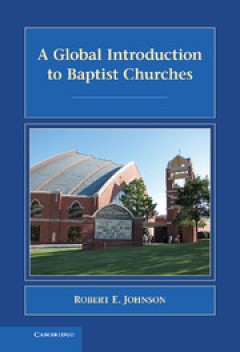
A Global Introduction to Baptist Churches
Coinciding with the four-hundredth anniversary of the birth of the Baptist movement, this book explores and assesses the cultural sources of Baptist beliefs and practices. Although the movement has been embraced, enriched, and revised by numerous cultural heritages, the Baptist movement has focused on a small group of Anglo exiles in Amsterdam in constructing its history and identity. Robert E.…
- Edition
- -
- ISBN/ISSN
- 9780511781148
- Collation
- -
- Series Title
- Introduction to Religion
- Call Number
- -
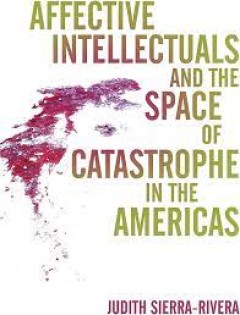
Affective Intellectuals and the Space of Catastrophe in the Americas
Most importantly, the book shows how literature constitutes an alternative public sphere for Black people. In a society largely controlled by white supremacist actors and institutions, Black authors have conjured fiction into a space where hard questions can be asked and answered and where the work of combatting collective, racist suppression can occur without replicating oppressive hierarchies…
- Edition
- -
- ISBN/ISSN
- 9780814254950
- Collation
- -
- Series Title
- -
- Call Number
- -
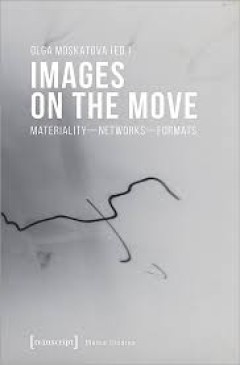
Images on the Move Materiality - Networks - Formats
In contemporary society, digital images have become increasingly mobile. They are networked, shared on social media, and circulated across small and portable screens. Accordingly, the discourses of spreadability and circulation have come to supersede the focus on production, indexicality, and manipulability, which had dominated early conceptions of digital photography and film. However, the mob…
- Edition
- -
- ISBN/ISSN
- 9783839452462
- Collation
- -
- Series Title
- -
- Call Number
- -
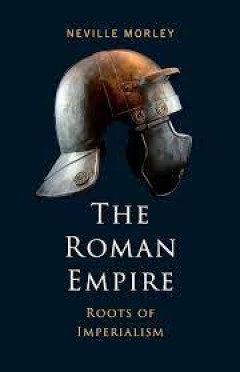
The Roman Empire Roots of Imperialism
A millennium and a half after the end of the period of its unquestioned dominance, Rome remains a significant presence in western culture. This book explores what the empire meant to its subjects. The idea of Rome has long outlived the physical empire that gave it form, and now holds sway over vastly more people and a far greater geographical area than the Romans ever ruled. It continues to sha…
- Edition
- -
- ISBN/ISSN
- ;9781783715732
- Collation
- -
- Series Title
- -
- Call Number
- -

Career Patterns in the Ch’ing Dynasty: The Office of the Governor General
The office of governor general (tsung-tu) was the highest provincial post throughout the Ch’ing dynasty. As such, it was a vital link in the control of a vast empire by a very small and alien ruling elite. This is primarily a biographical and statistical analysis of the incumbents of that office. By analyzing the biographical data of those who held the position of governor-general, much may b…
- Edition
- -
- ISBN/ISSN
- -
- Collation
- -
- Series Title
- -
- Call Number
- -
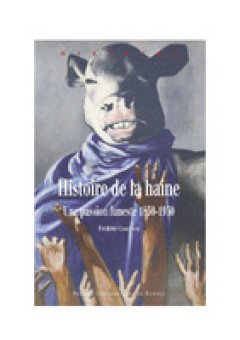
Histoire de la haine: Une passion funeste 1830-1930
La haine possède une histoire : ses expressions, ses modalités, ses logiques, ses objets et ses effets ne sont ni identiques ni immuables. Cet essai replace cette passion funeste dans son époque et cerne ses raisons évoquées par les contemporains. Si la haine est à sa manière une forme de rationalité permettant de se mouvoir dans l’univers social, elle est une « figure du pensable »…
- Edition
- -
- ISBN/ISSN
- 9782753559530
- Collation
- -
- Series Title
- -
- Call Number
- -

Digital Roots Historicizing Media and Communication Concepts of the Digital Age
Several of the most known and discussed concepts of the digital age predated the digitalization itself and have been previously used in the “analogue times”. Other concepts were coined for the digital society but have transformed and are continuously transforming over time. This edited book selects some of these concepts and starts a time travel through their history, heritage, reinvention,…
- Edition
- -
- ISBN/ISSN
- 9783110740202
- Collation
- -
- Series Title
- -
- Call Number
- -
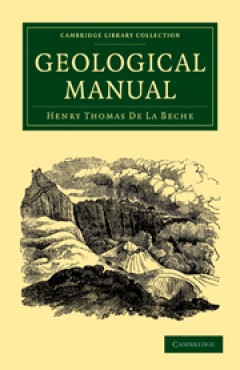
A Geological Manual
Henry De la Beche (1796–1855) was a geologist who published widely on various aspects of this science and was elected to the Royal Society in 1823. He was involved with the Ordnance Survey maps of Britain, and became president of the Geological Society in 1847. De la Beche was also instrumental in the 1851 opening of two influential institutions: the Museum of Practical Geology and the School…
- Edition
- -
- ISBN/ISSN
- 9780511973307
- Collation
- -
- Series Title
- -
- Call Number
- -
 Computer Science, Information & General Works
Computer Science, Information & General Works  Philosophy & Psychology
Philosophy & Psychology  Religion
Religion  Social Sciences
Social Sciences  Language
Language  Pure Science
Pure Science  Applied Sciences
Applied Sciences  Art & Recreation
Art & Recreation  Literature
Literature  History & Geography
History & Geography